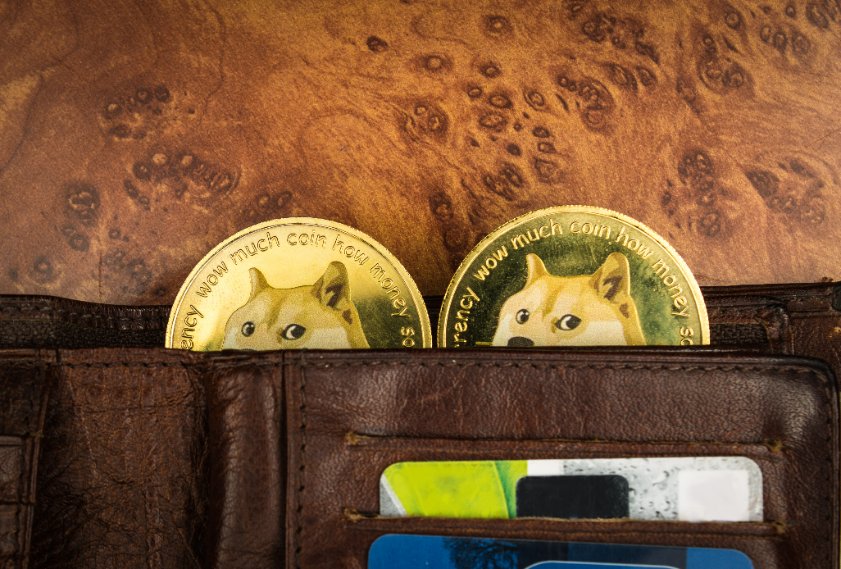
Memes. I think more than anything else, the enigmatic concept of the meme investment symbolises that we are, in fact, living in a simulation.
Who can forget January 2021, when a bunch of Redditors when toe-to-toe with Wall Street, pumping the share price of Gamestop up to scarcely believable levels? What about Dogecoin, the cryptocurrency created as a joke, only to be adopted by the world’s richest man and reach a market cap close to $90 billion?
i made doge in like 2 hours i didn't consider anything
— Shibetoshi Nakamoto (@BillyM2k) May 13, 2021
Hokkaido Inu
Hokkaido Inu were one of the many memes that rode the coattails of Dogecoin’s success. Peaking at a mouth-watering $800 million in market cap, it was since abandoned by the founders and crashed down 99%. Bull market hysteria, huh?
Today, however, it’s reinventing itself as a DeFi player “powered by memes”. Whatever you think about memes, they are definitely interesting. There is a dark side, of course, with innocent retail investors sometimes used as exit liquidity in what amounts to a pump-and-dump scheme by the creators. There is the entire issue of regulation – what should be allowed?
But there are intriguing network effects, too, as a community of thousands – nay, millions – is worth a lot, no matter what way you swing it. So, how does one convert this community and this branding into a legitimate business? That is what HOKK Finance, hoping to rise out of the ashes of the Hokkaido Inu meme coin, is trying to answer.
Podcast with Mark Basa
Mark Basa has been in crypto since 2011, working on a whole host of different projects and areas. He has meandered around the space and today



